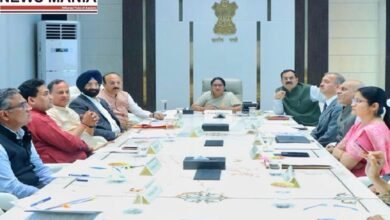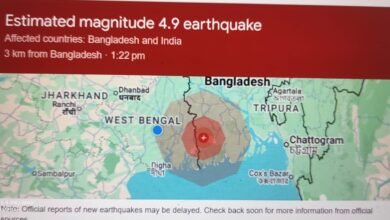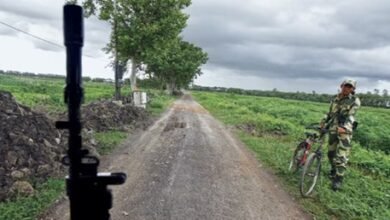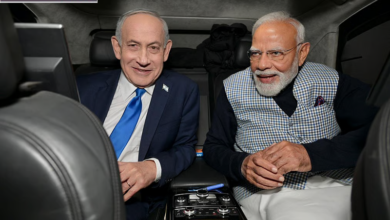Delhi Court Summons YouTuber Dhruv Rathee in Defamation Case Filed by BJP Spokesperson
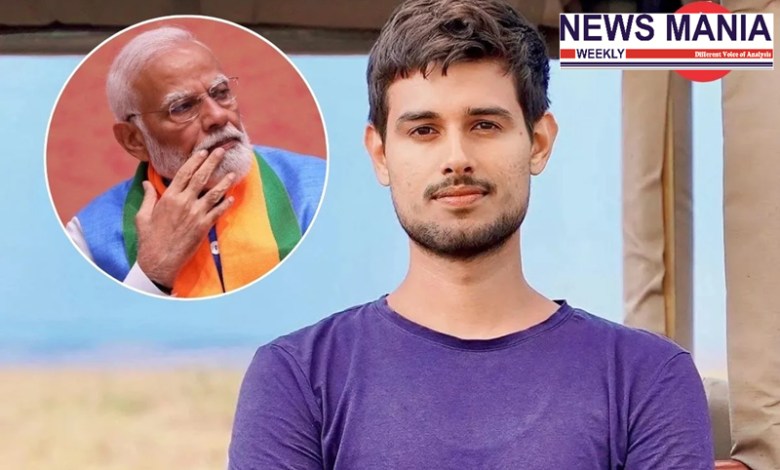
News Mania Desk/Agnibeena Ghosh/24th July 2024
The Saket Court in Delhi has issued a summons to popular YouTuber Dhruv Rathee, along with others, in response to a defamation lawsuit filed by Suresh Karamshi Nakhua, a spokesperson for the Bharatiya Janata Party (BJP) Mumbai unit. Nakhua alleges that Rathee defamed him by labeling him as a violent and abusive troll in a video posted on Rathee’s YouTube channel.
District Judge Gunjan Gupta issued the summons on July 19, 2024. The court has scheduled the hearing for August 6, 2024, and has also issued notices to social media intermediaries involved in the case. The plaintiff is represented by advocates Raghav Awasthi and Mukesh Sharma.
The legal action stems from a video Rathee uploaded on July 7, 2024, titled “My Reply to Godi Youtubers | Elvish Yadav | Dhruv Rathee.” The video has garnered significant attention, with over 24 million views and more than 2.3 million likes as of the date the suit was filed. In this video, Rathee allegedly claimed that Prime Minister Narendra Modi had hosted violent and abusive trolls, including Nakhua, at his official residence. According to the lawsuit, this claim is baseless and has significantly tarnished Nakhua’s reputation.
Nakhua’s lawsuit asserts that Rathee’s video falsely attributes violent tendencies to him, an accusation made without justification. The plaintiff argues that the video’s content has the potential to harm his public image and diminish his standing in the eyes of ordinary people. The legal complaint emphasizes that the video, which spread rapidly across digital platforms, was both provocative and inflammatory.
The suit highlights that Rathee’s allegations have caused substantial damage to Nakhua’s personal and professional reputation. The defamatory statements, according to the plaintiff, have led to widespread condemnation and ridicule, inflicting irreparable harm. Nakhua contends that the unsubstantiated claims made by Rathee have severely impacted his life, both in terms of his public perception and his professional engagements.
The case has drawn attention due to the high-profile nature of both the parties involved and the wide reach of the video in question. The summons against Rathee reflects the ongoing legal and reputational challenges faced by influencers and content creators who address controversial subjects. As the court proceedings advance, the outcome will likely influence how defamation cases involving digital content are handled in the future.
The matter underscores the increasing intersection between digital media and legal accountability, particularly in the context of defamation and the spread of potentially harmful content. The court’s decision will be closely watched as it could set precedents for similar cases involving online personalities and their impact on individuals’ reputations.



